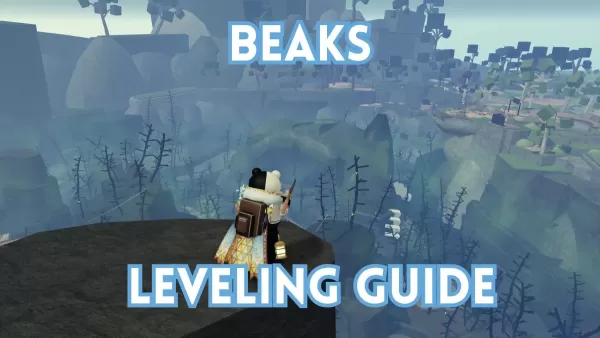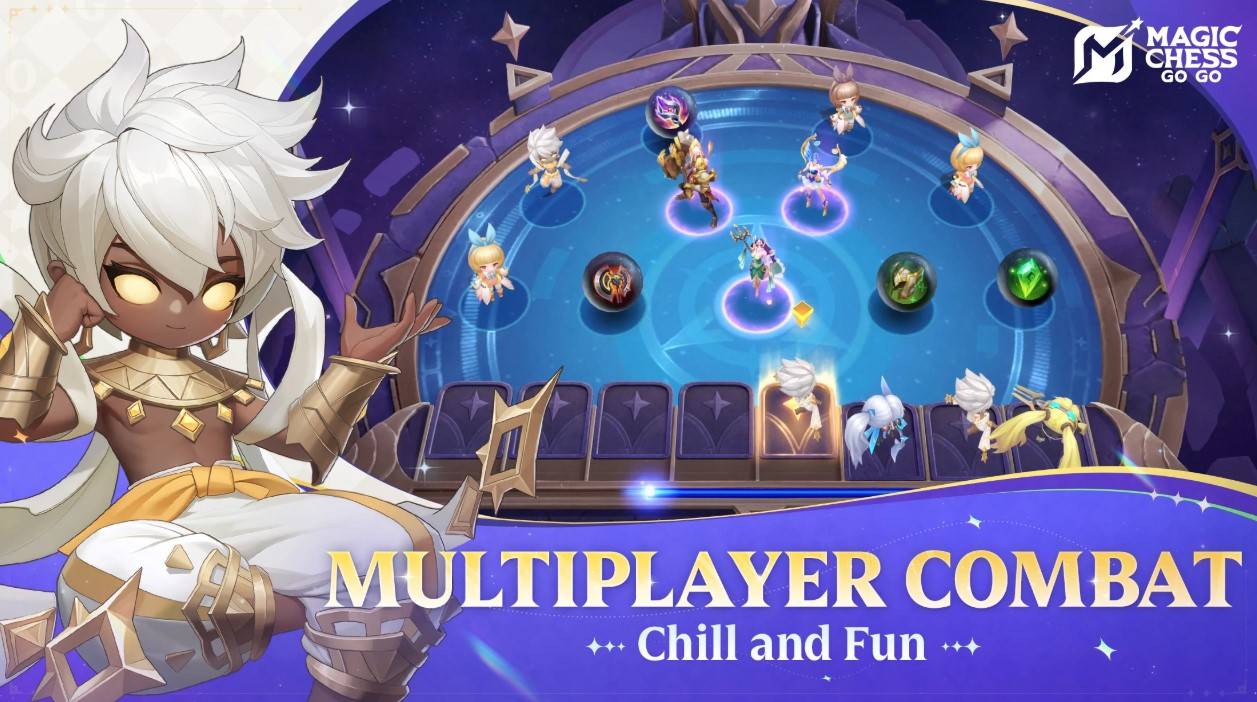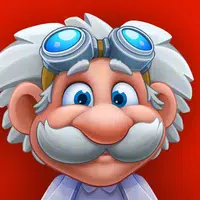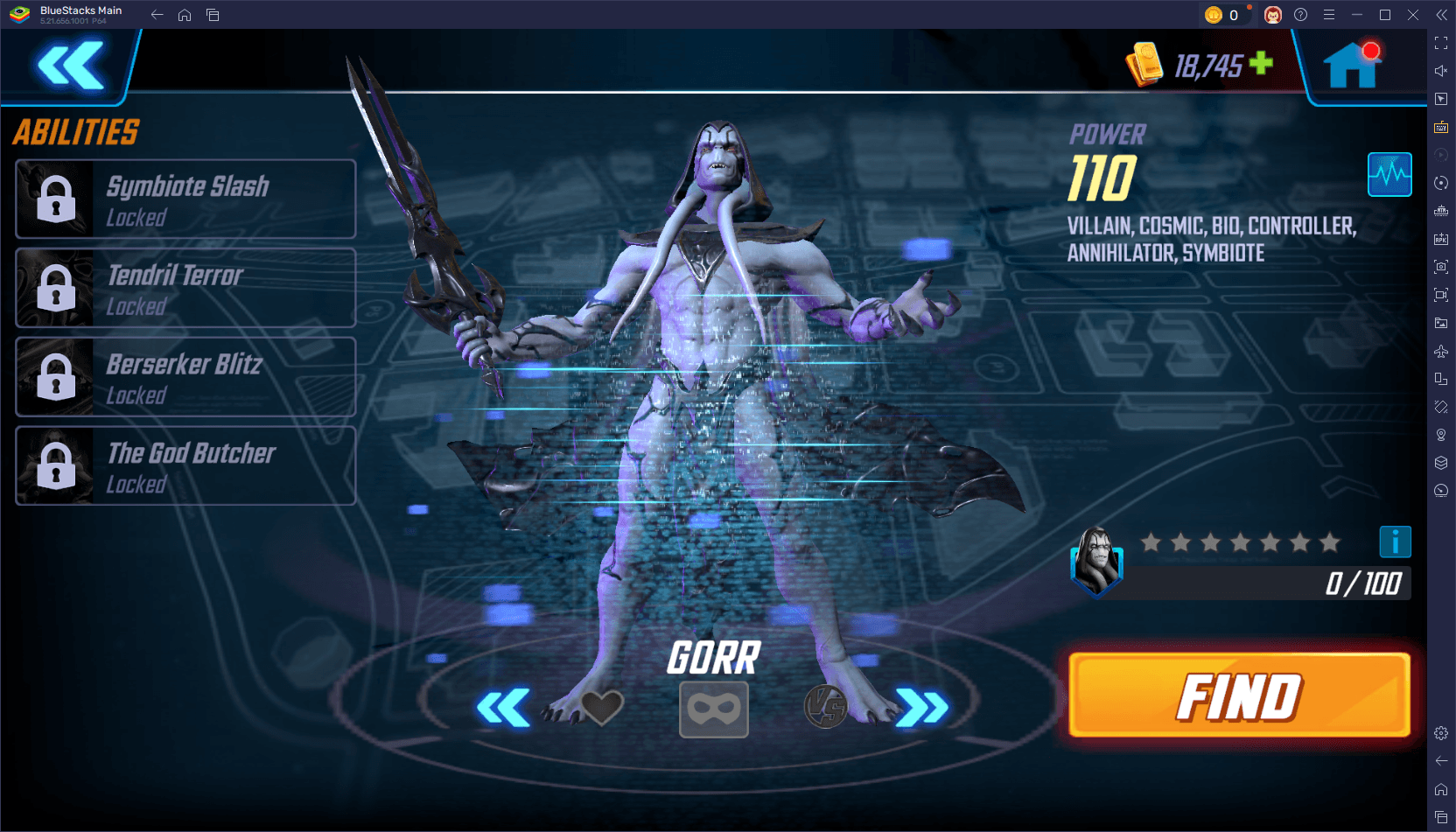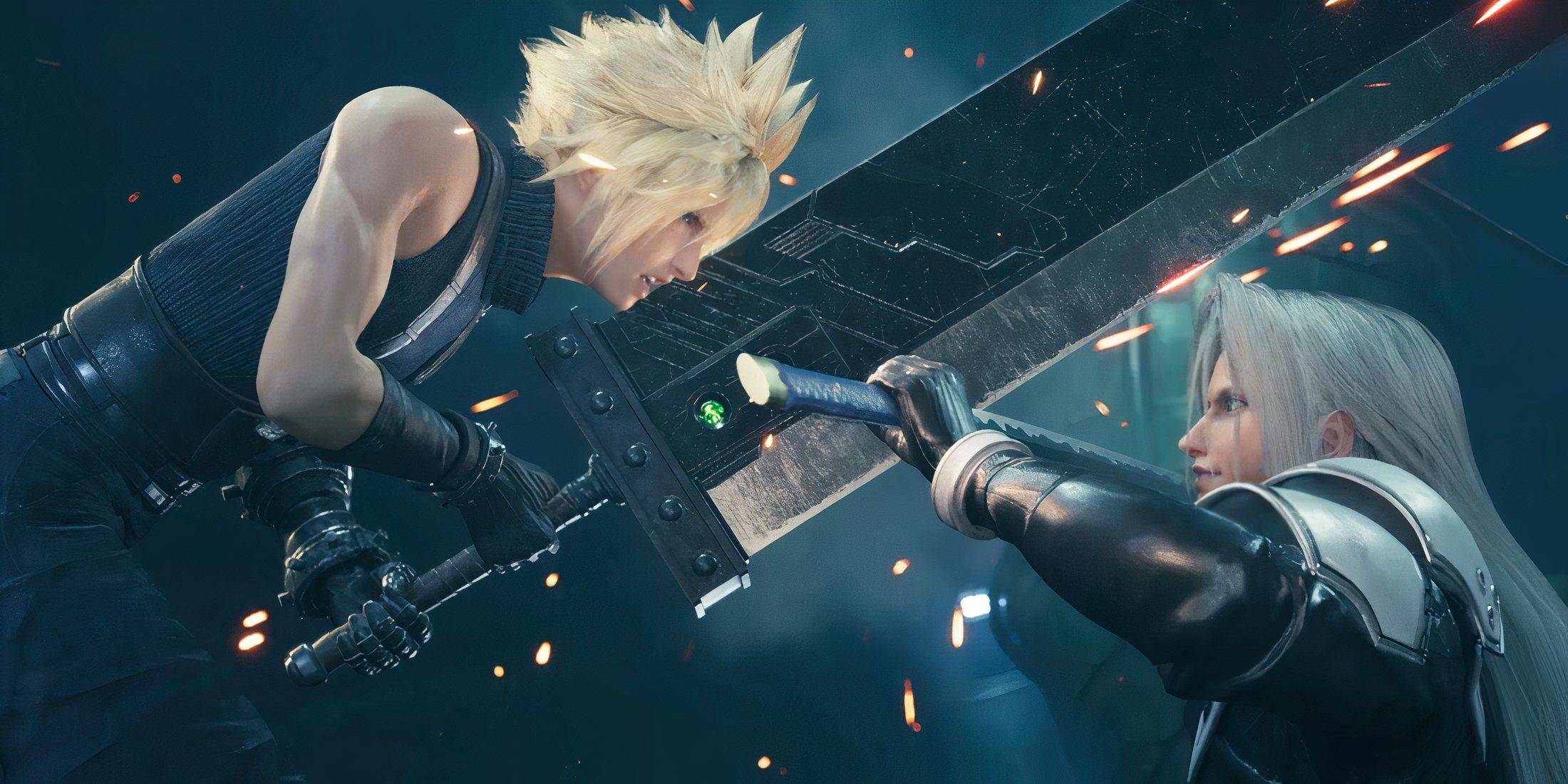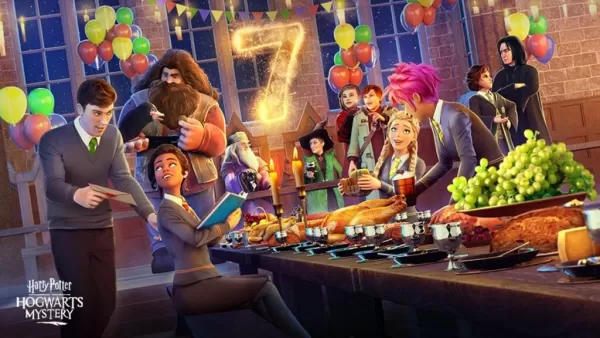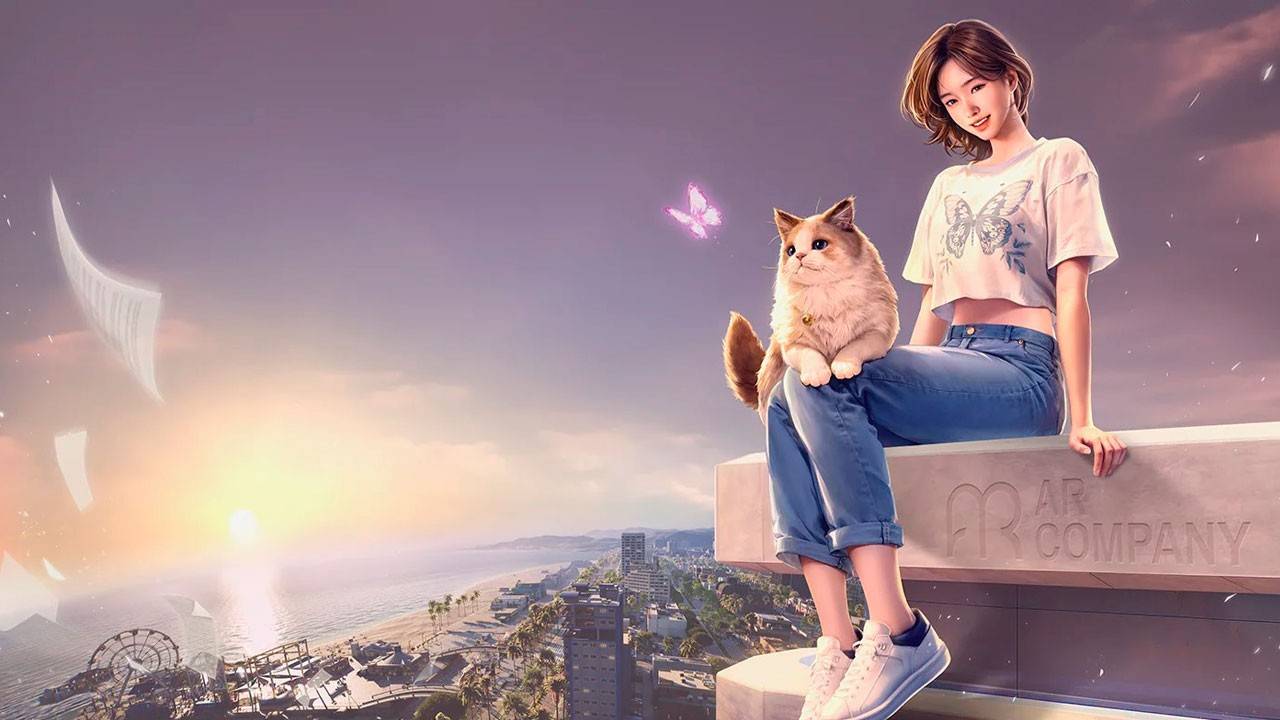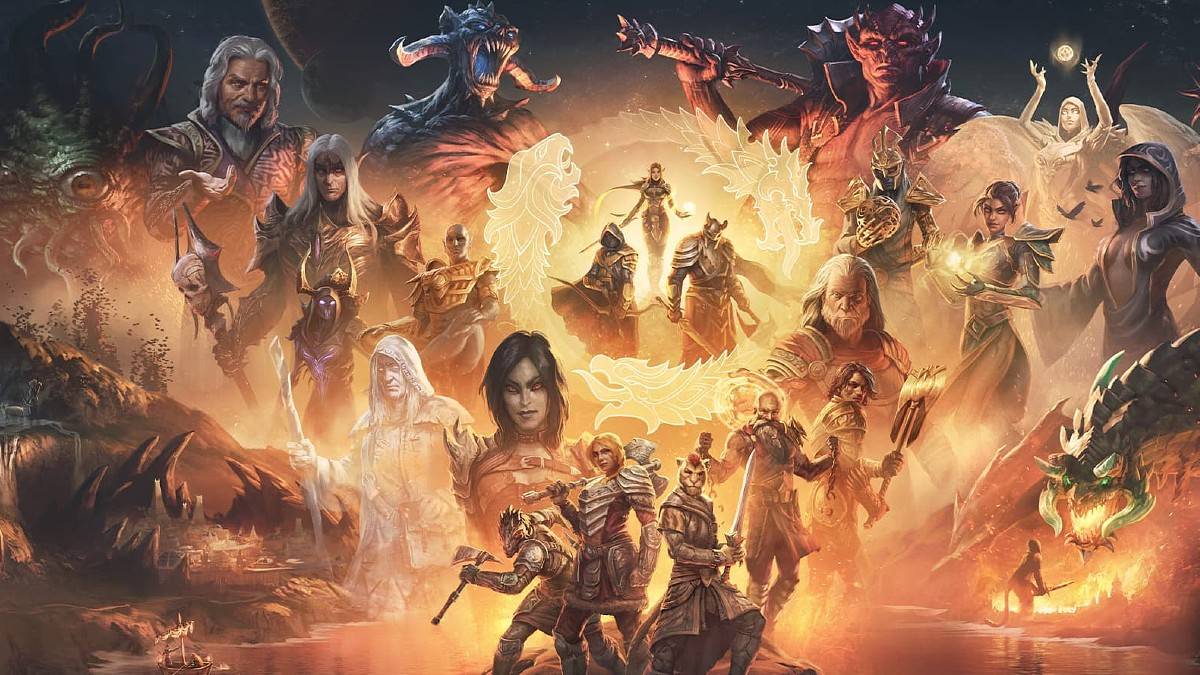
In a landmark ruling, the Court of Justice of the European Union has affirmed that consumers have the right to resell previously purchased and downloaded games and software, overriding any restrictions outlined in End User License Agreements. This decision has significant implications for digital marketplaces and consumers alike.
EU Court Sanctions Resale of Downloadable Games
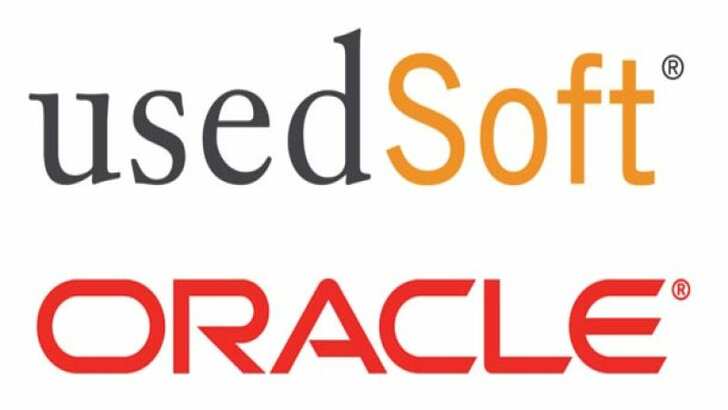
The ruling stems from a legal dispute between software reseller UsedSoft and Oracle, which was escalated to the German courts. The core of the decision lies in the principle of exhaustion of the distribution right, also known as the Principle of Exhaustion of Copyrights. According to this principle, once a copyright holder sells a copy of a software and grants the customer an unlimited right to use it, the distribution right is considered exhausted. Consequently, the original purchaser is legally allowed to resell the license to another user, who can then download the game from the publisher's website.
This ruling applies to consumers across European Union member states and impacts games purchased on platforms such as Steam, GoG, and Epic Games. The Court of Justice of the European Union stated, "A license agreement granting the customer the right to use that copy for an unlimited period, that rightholder sells the copy to the customer and thus exhausts his exclusive distribution right... Therefore, even if the license agreement prohibits a further transfer, the rightholder can no longer oppose the resale of that copy."
In practice, the original buyer would need to provide a code for the game's license and relinquish access upon resale. However, the absence of a structured marketplace or system for these transactions adds complexity and raises numerous unanswered questions, such as how the transfer of registration would be managed, especially since physical copies remain registered under the original owner's account.
(1) "The principle of copyright exhaustion is a limit on the copyright owner’s general right to control the distribution of their work. Once a copy of the work has been sold, with the copyright-holder’s consent, the right is said to be “exhausted” – meaning the purchaser is free to re-sell that copy, and the rights-owner has no right to object." (via Lexology.com)
Reseller Cannot Access or Play the Game Upon Resale
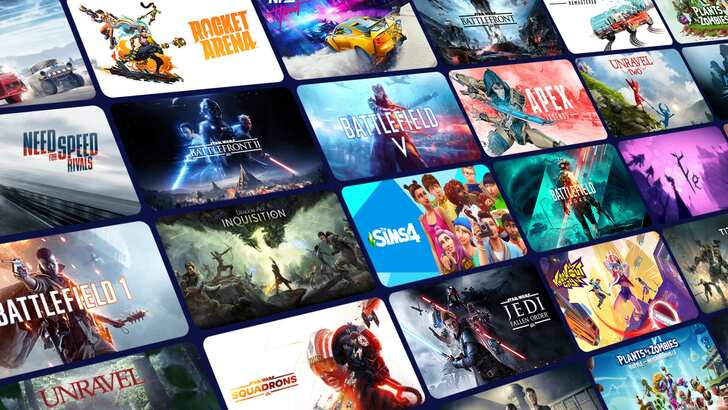
Despite the ability to resell, the ruling imposes a crucial limitation: the seller must cease using the game upon resale. The EU court emphasized, "An original acquirer of a tangible or intangible copy of a computer program for which the copyright holder’s right of distribution is exhausted must make the copy downloaded onto his own computer unusable at the time of resale. If he continued to use it, he would infringe the copyright holder’s exclusive right of reproduction of his computer program."
Allows the Reproduction of Copies Necessary for Program Use
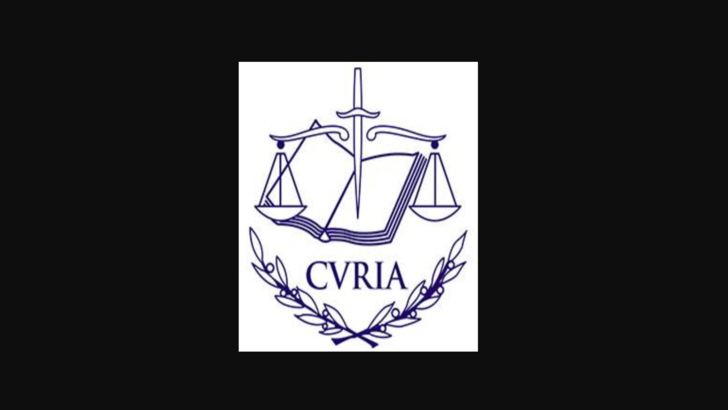
The court further clarified the nuances of reproduction rights. While the exclusive right of distribution is exhausted, the right of reproduction remains intact but is subject to necessary reproductions for the lawful acquirer's use. This means that subsequent acquirers can download the game onto their computers, a process deemed necessary for using the program as intended. No contractual clause can override this right.
"In this context, the Court’s answer is that any subsequent acquirer of a copy for which the copyright holder’s distribution right is exhausted constitutes such a lawful acquirer. He can therefore download onto his computer the copy sold to him by the first acquirer. Such a download must be regarded as a reproduction of a computer program that is necessary to enable the new acquirer to use the program in accordance with its intended purpose." (via EU Copyright Law: A Commentary (Elgar Commentaries in Intellectual Property Law series) 2nd Edition)
Restriction on the Sale of Backup Copies

Importantly, the court also ruled that backup copies of computer programs cannot be resold. This decision was affirmed in the case of Aleksandrs Ranks & Jurijs Vasilevics v. Microsoft Corp., where the Court of Justice of the European Union stated, "Lawful acquirers of computer programs cannot resell backup copies of the programs."
This ruling marks a significant shift in the digital marketplace within the EU, offering consumers greater flexibility while also presenting new challenges for digital rights management and platform operations.




